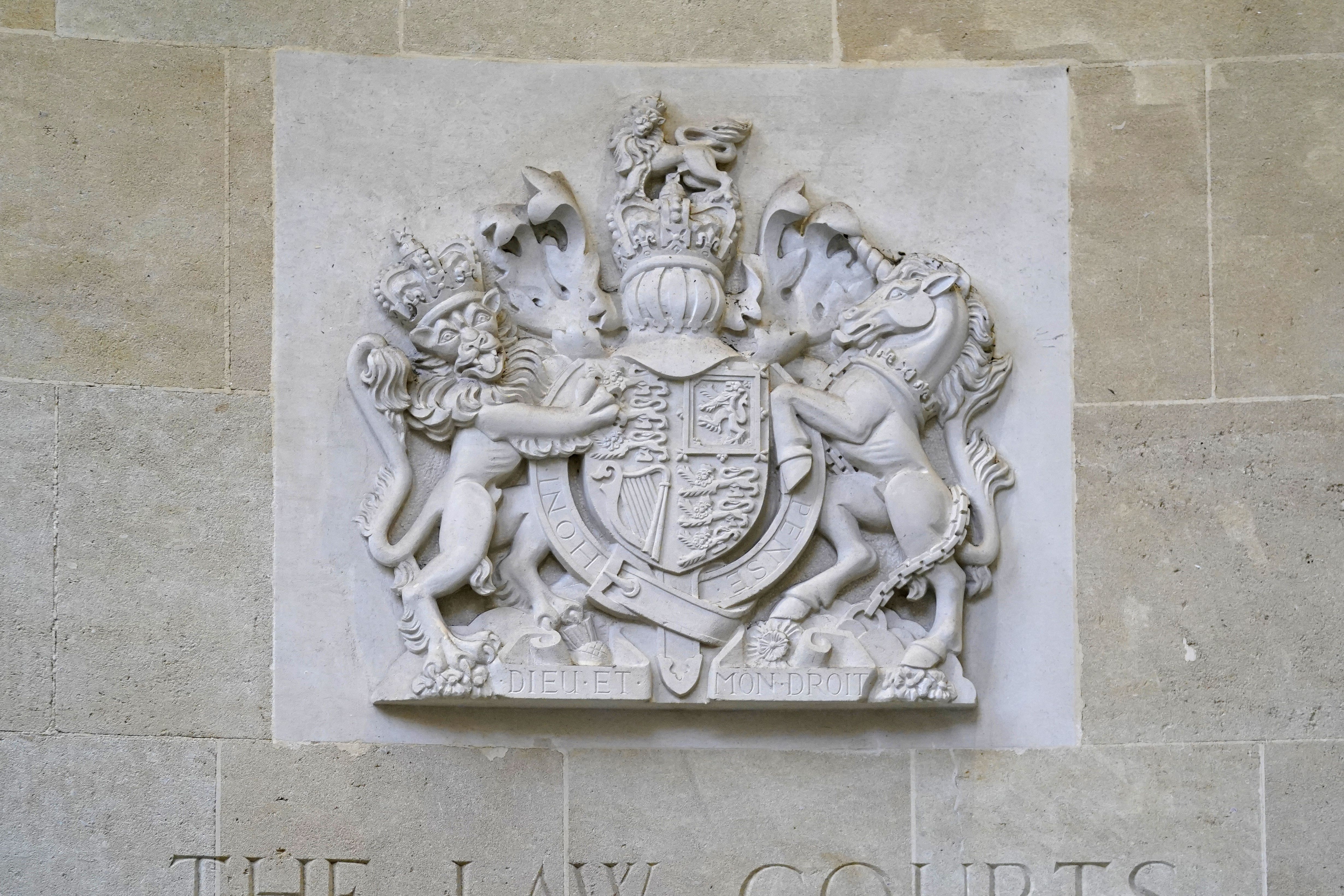Burglary victim says court system is broken as suspect dies before trial after 23-month delay
Victim John Macaulay says the delays could have even cost the suspect his life through lack of rehabilitation

A father whose family home was ransacked in a burglary says he has lost faith in the criminal justice system after the suspect died before being brought to trial.
John Macaulay was told the man accused of burgling his home would be tried in February 2022, but the case was pushed back to November 2022 and then deferred again to January 2024 – a delay of almost two years.
Then, last month, the 48-year-old from Stockport received a letter from the Crown Prosecution Service (CPS) stating that the case had been discontinued after the suspect had died. The trial had been delayed due to there being “no court available”.
“The criminal justice system system is broken,” Mr Macaulay told The Independent.
“Firstly, we were unable to get closure on the break-in, and then the suspect could have reoffended in all that time and also he has not received rehabilitation that, and we don’t know this, could have saved his life.”
It comes after The Independent revealed that a record number of trials, including for crimes involving rape and violence, have been delayed at the last minute because no judge can be found to hear them.
Data from the HM Courts and Tribunal Services shows there was a record of more than 65,000 cases backlogged in the crown courts in June, 10 per cent of them for more than two years.
The break-in at Mr Macaulay’s home took place before his son’s two-year-old birthday celebrations in May 2021. While his wife was in the garden, an intruder broke through the front door and stole items including wrapped presents and a bank card.
After calling the police, Mr Macaulay called the bank to discover the card had been used at three shops nearby. One of the shops provided CCTV and he posted an image on Facebook, receiving a name within 12 hours of the crime.

But despite providing Greater Manchester Police with the name, Mr Macaulay said officers failed to act properly until he made a complaint, before the suspect was arrested and pleaded not guilty to burglary in September 2021.
A date for trial was set for February 2022, and then November 2022 before Mr Macaulay received a letter saying it had been deferred to a new date in January 2024.
“When I saw January I thought ‘OK, I can cope with it being a couple of months away’, but then when I saw 2024 I thought ‘oh no’,” he said.
“It was really frustrating, I felt helpless as to what to do. You can’t complain about a faceless criminal justice system to speed things up. And it was all made worse when I kept seeing the suspect in the area.
“We just wanted the case dealt with.”
After receiving a letter confirming the man’s death, Mr Macaulay said: “It makes you lose faith in the whole criminal justice system in terms of crimes not being cracked soon enough and suspects being allowed to remain free.”

The country’s criminal case backlog has been blamed on a shortage of barristers and judges by the director of public prosecutions. The delays have “major consequences for victims and witnesses, the HM Crown Prosecution Service Inspectorate has found.
A CPS spokesperson said the burglary suspect’s trial was originally set for a date at Minshull Street Crown Court in February 2022. They added: “Unfortunately, that trial, and a second trial fixed for 8 November 2022 could not go ahead as there was no court available. A new trial was fixed for 3 January 2024.
“The suspect died on 7 September 2023 and therefore the case could not proceed further.”
A Greater Manchester Police spokesperson said the force had “made several improvements and launched new guidance around burglaries” over the past two years. The force is now committed to attending every burglary, they added.
A Ministry of Justice spokesperson said: “People who break the law must face justice, and more criminal cases are now reaching the Crown Court than at any point over the last two years.
“We are letting our courts run at full throttle - lifting the cap on the number of days courts can sit for a third year, recruiting more judges, and investing more in our courts, including in Magistrates’ courts where more than 90 per cent of criminal cases are dealt with.”
